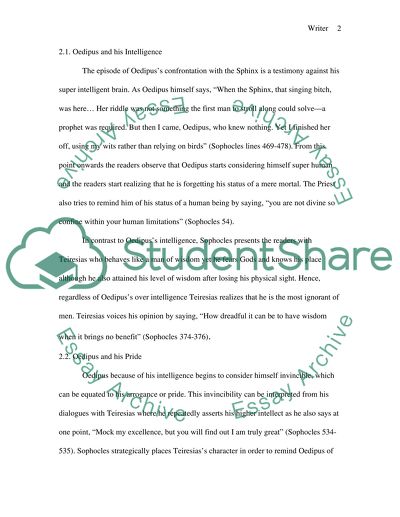Cite this document
(“Downfall of Oedipus and Medea Essay Example | Topics and Well Written Essays - 2000 words”, n.d.)
Downfall of Oedipus and Medea Essay Example | Topics and Well Written Essays - 2000 words. Retrieved from https://studentshare.org/philosophy/1448286-the-essay-topic-is-as-follows-examine-the-works
Downfall of Oedipus and Medea Essay Example | Topics and Well Written Essays - 2000 words. Retrieved from https://studentshare.org/philosophy/1448286-the-essay-topic-is-as-follows-examine-the-works
(Downfall of Oedipus and Medea Essay Example | Topics and Well Written Essays - 2000 Words)
Downfall of Oedipus and Medea Essay Example | Topics and Well Written Essays - 2000 Words. https://studentshare.org/philosophy/1448286-the-essay-topic-is-as-follows-examine-the-works.
Downfall of Oedipus and Medea Essay Example | Topics and Well Written Essays - 2000 Words. https://studentshare.org/philosophy/1448286-the-essay-topic-is-as-follows-examine-the-works.
“Downfall of Oedipus and Medea Essay Example | Topics and Well Written Essays - 2000 Words”, n.d. https://studentshare.org/philosophy/1448286-the-essay-topic-is-as-follows-examine-the-works.


